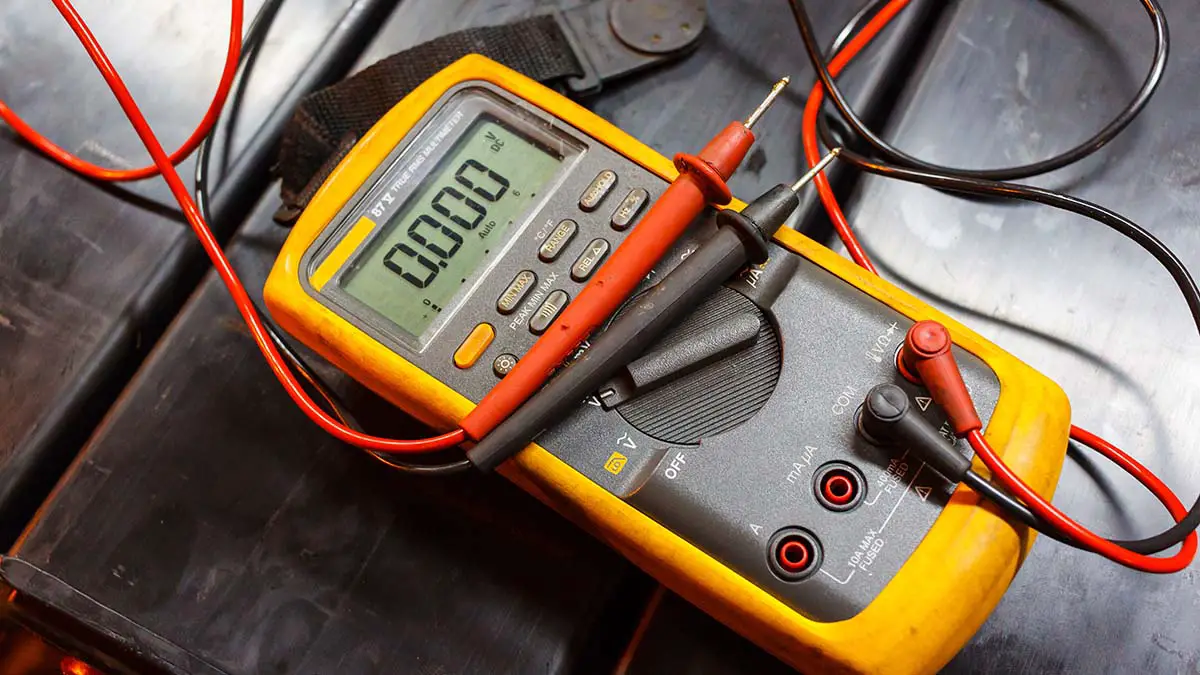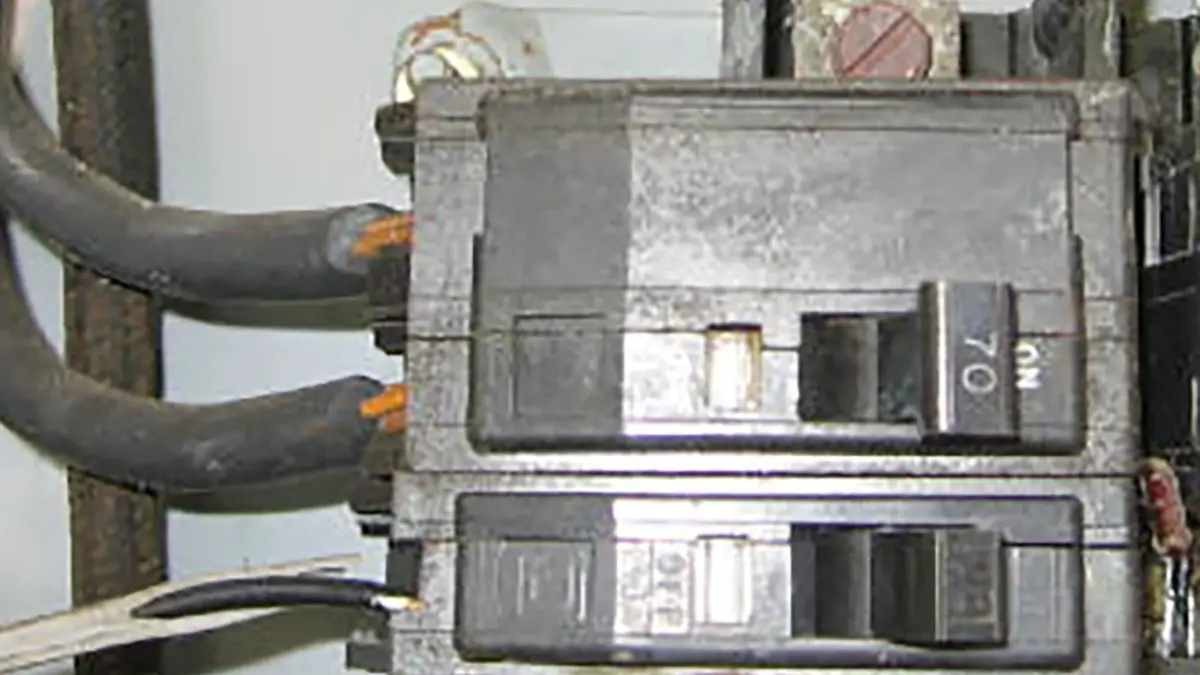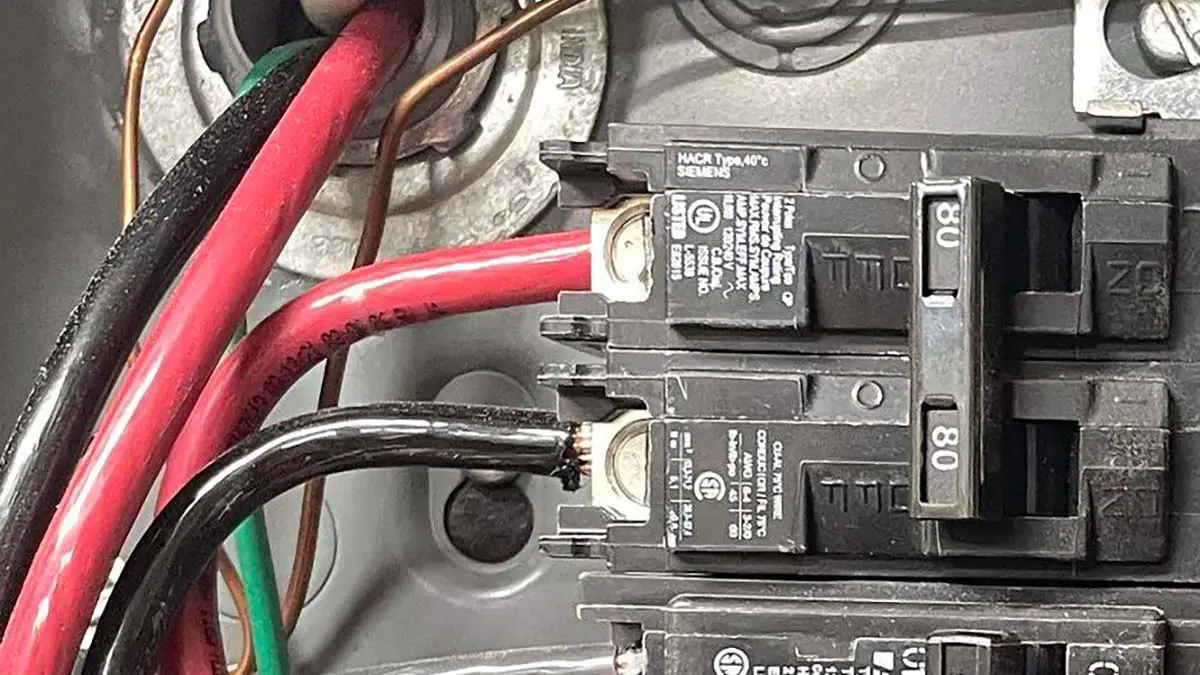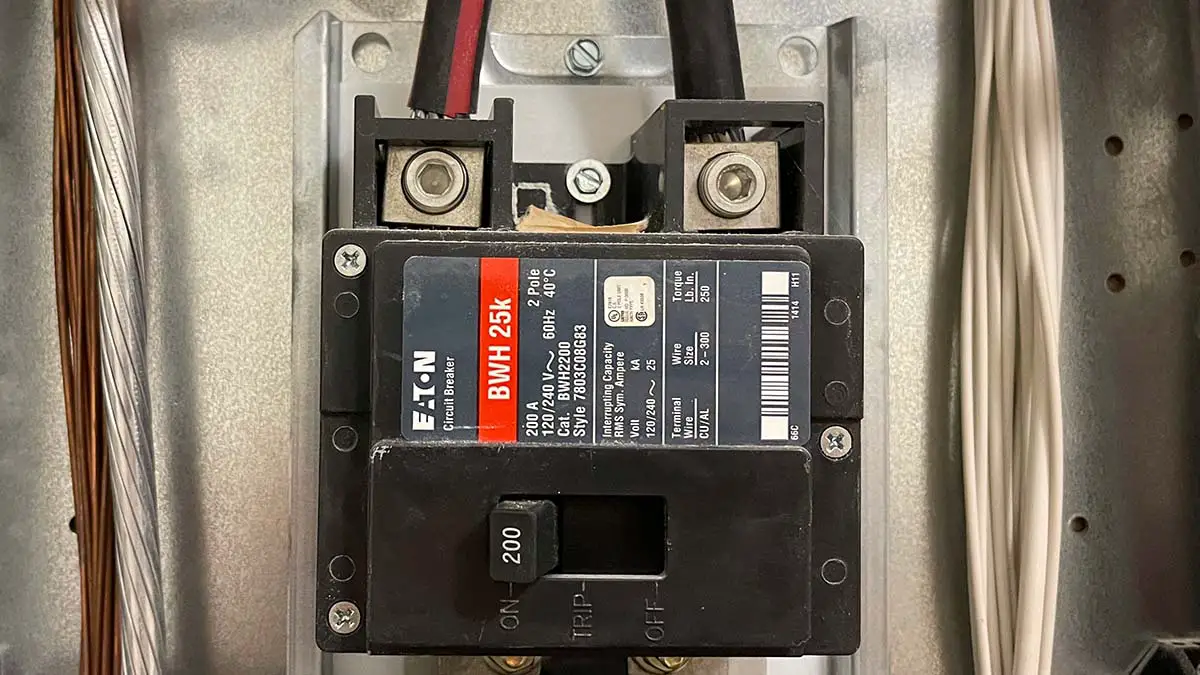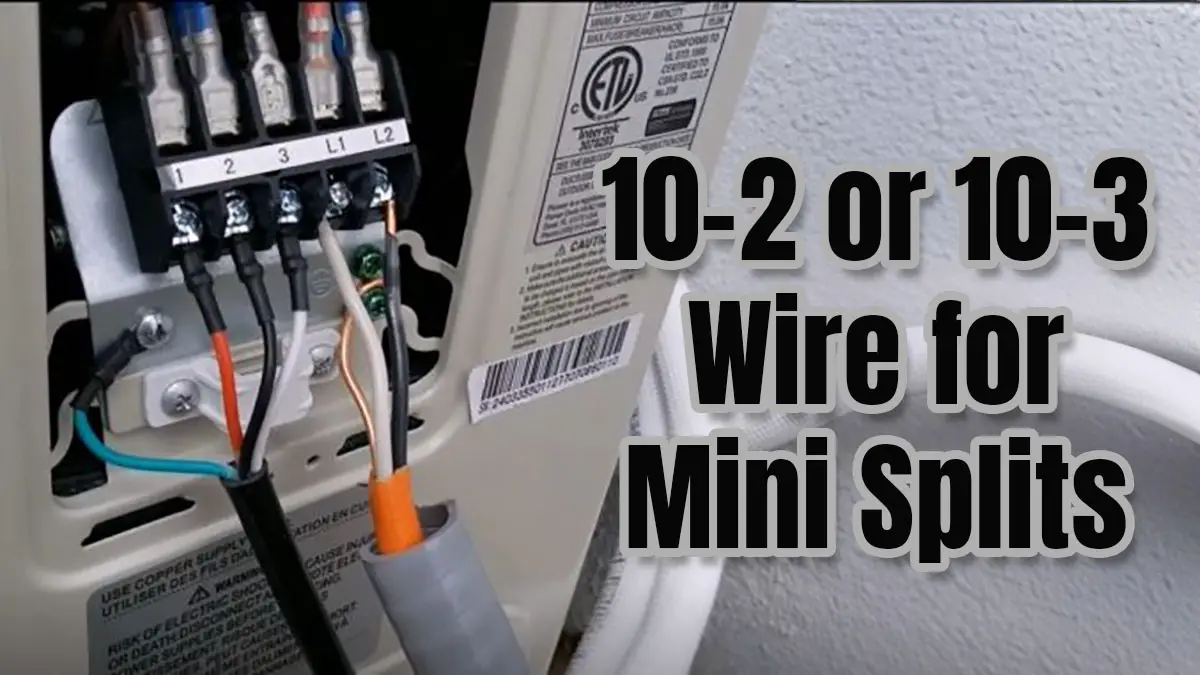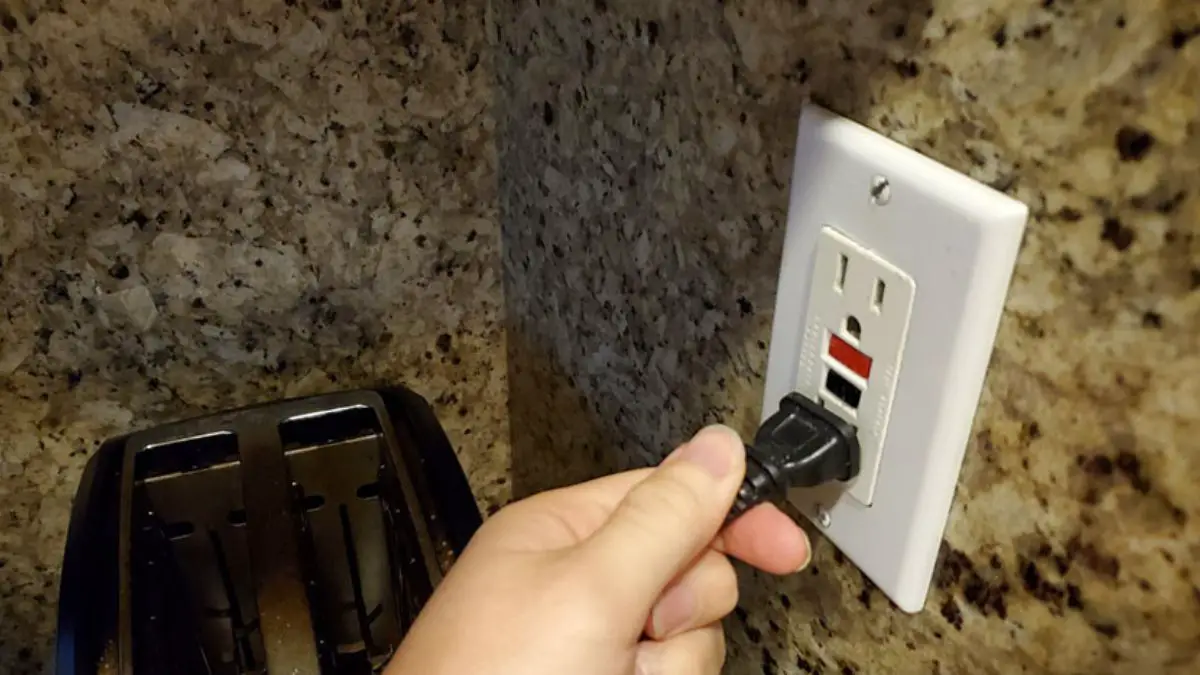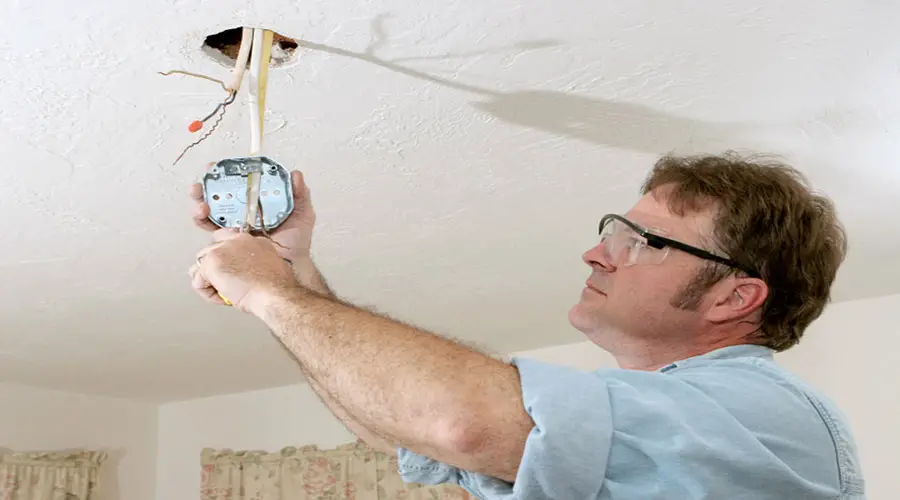
If you’re looking to do some simple repairs or upgrades on your own home, then you may not need to hire a professional electrician. Homeowners can do certain basic electrical tasks without a license. This blog post will discuss what homeowners can do electrical work without a license. We’ll also provide some tips for completing these tasks safely and efficiently!
For minor electrical work, a homeowner doesn’t need an electrical license to do basic electrical work at their primary residence. Homeowners should not work on rental property they own. A homeowner can do the following minor electrical repairs to their primary residence including:
- replacing an existing light fixture
- replacing a light fixture with a ceiling fan
- replacing an existing outlet
- replacing an existing light switch
- replacing an existing switch with a dimmer
- replacing a fuse inside a fuse box
- replacing a breaker inside the electrical panel
- replacing an existing bathroom fan
- replacing an existing hardwired smoke detector
- replacing an existing appliance
- Installing low-voltage outdoor lighting
Electrical codes can vary depending on where you live, but, in general, any of the electrical upgrades below need to be done by a licensed electrician and will likely require an electrical permit.
The following work needs to be done by qualified electricians. You’ll need an electrician license if you are working on electrical systems. Residential electricians can:
- upgrading or relocating an electrical panel
- upgrading the meter base or service mast
- upgrading to 200amp service
- running new electrical wiring for an outlet, switch, or fixture
- adding a new breaker or circuit
- adding a subpanel
Replacing an Existing Light Fixture
If you’re comfortable working with electricity, you may be able to wire a new light yourself. This is a more advanced task, so read all instructions carefully and take your time! Hiring a professional electrician is always best if you’re not comfortable doing the work yourself.
Replacing an Existing Light Fixture with a Ceiling Fan
You can also swap out a light fixture for a ceiling fan. This job requires minimal tools and can be completed in just a few hours. Be sure to turn off the power at the breaker before starting any work!
Replacing an Existing Outlet
You can replace an existing electrical receptacle outlet with a new one without a license. You’ll need a few basic tools to complete the job. The most important thing is ensuring that the power is turned off before starting any work. Wiring an outlet can be tricky for a novice.
Take a picture of the wire connections or tape the wires to install the wiring in the correct terminals. Use an outlet tester to confirm you have the wiring right.
You can also swap out a standard outlet with a GFCI outlet or a modern USB outlet. The process is the same.
Replacing an Existing Light Switch
Another basic electrical task that homeowners can do without a license is changing a light switch. Again, this job should only be attempted by those comfortable working with electricity – if you’re unsure of what you’re doing, it’s best to call an electrician!
Light switches can easily be replaced by unscrewing the old one and screwing in the new one. Be sure to turn off the power at the breaker before starting any work!
Replacing an Existing Light Switch with a Dimmer
You can also swap out a standard light switch with a dimmer switch. The process is the same. To install a dimmer switch, you’ll need to know how to wire it correctly.
Most dimmers come with instructions on how to wire the dimmer. Follow the instructions and you shouldn’t have any problems. See our article, How to Replace a Light Switch with a Dimmer Switch.
Replacing a Fuse Inside a Fuse Box
If you have an older home, then you may need to replace fuses from time to time. Use the correct fuse size and always turn off the power before working inside a fuse box.
Replacing a Circuit Breaker Inside an Electrical Panel
If you have a bad breaker, you can replace it without a license. However, I don’t recommend this because a bad breaker can signify something more serious requiring troubleshooting by a Master Electrician. Be sure to turn off the power at the main breaker and use the correct breaker size for your appliance.
Replacing an Existing Bathroom Ventilation Fan
Replacing an existing bathroom ventilation fan can easily be done by anyone comfortable working with electricity. All you need is a screwdriver and some basic knowledge about wiring. Be sure to read all instructions carefully before starting!
Replacing an Existing Hardwire Smoke Detector
Another electrical task that doesn’t require a license is replacing hardwired smoke detectors. This job only takes about fifteen minutes, but it’s essential to follow all instructions for safety reasons!
Some smoke detectors have different connectors so minor modifications may be needed. So you’ll likely need some wire nuts and electrical tape to secure the connections.
Replacing an Existing Appliance
Replacing an existing appliance is a task anyone comfortable working with electricity can quickly do. All you need is a screwdriver and some basic knowledge about wiring. Be sure to read all instructions carefully before starting!
For example, a homeowner can install the following appliances which will need some basic electrical hookups:
- kitchen vent fan
- waste disposal
- dishwasher
- built-in microwave
- electric stove
- electric dryer
Remember, if you’re not comfortable doing the work yourself, it’s always best to hire a professional.
Installing Low-Voltage Outdoor Lighting
Installing low-voltage outdoor lighting can quickly be done by a DIY homeowner. You’ll need to install the lighting module near an existing electrical outlet for power. After that, it’s just a matter of trenching to bury the wires and install each light.
For complex lighting setups, you may want to call a landscape pro. Otherwise, the installation is straightforward.
Can a General Contractor do Electrical Work
A general contractor can perform most electrical tasks. Many homeowners prefer hiring a general contractor instead of doing their electrical work. In most states, a general contractor’s license is a license that covers all areas of construction. They’ll handle everything from framing walls to installing plumbing and electrical fixtures.
However, most general contractors won’t be the one that performs the work. Most have crews of subcontractors, including electrical journeymen on staff trained in electrical work and operate under the general contractor’s license.
Can a Handyman do Electrical Work
In most states, a handyman can only perform electrical work if licensed to do so. State licensing varies from state to state. However, in general, most states have at least two electrical contractor licenses, commercial and residential electrician, and three certification levels based on hands-on experience.
Only a licensed contractor can:
- operate a business
- advertise services
- obtain commercial liability insurance
- pull building permits
- pass inspections
- bid for public and government projects
Licensing and liability insurance is for public protection and establishes clear guidelines of what a contractor can and can not do. Some handymen are licensed to perform electrical work, but some aren’t. There is only one sure way to find out, and that is to ask for the license number and to find out.
In some states, a handyman can only operate if they are licensed and insured. However, that doesn’t automatically mean they can do electrical work. Most states have specialty licenses that allow contractors to become licensed in specific niches like concrete, siding, roofing, windows, etc.
There are many unlicensed electricians out there and you should take special care to ensure you don’t hire an unlicensed contractor. If a handyman can’t provide you with an electrical license, chances are they’re not qualified to do the job. Many states have a licensing lookup where you can verify licensing status.
Working with an unlicensed person can spell disaster. Unlicensed electricians often don’t meet state licensing requirements. Some unlicensed contractors are notorious for scamming people in disaster zones and moving on before they are discovered.
Can HVAC Technicians do Electrical Work
HVAC technicians don’t typically get licenses to perform electrical work. This is because there isn’t much overlap between the two fields. An HVAC technician would be more likely to specialize in heating or cooling systems than electrical wiring.
However, an HVAC licensed contractor can do the basic electrical installation to connect heating and cooling systems in most states, including installing circuit breakers, electrical service disconnects, running electrical circuits, and making necessary wire connections.
Is it Illegal to do Your Own Electrical Work
As discussed earlier, it’s not illegal for homeowners to do minor electrical repairs to their own homes. If you own rental property, hire a qualified electrician to do all electrical work to ensure electrical work is correct and to reduce personal liability. However, a Master Electrician needs to perform major electrical upgrades and repairs.
Major electrical installations will need a permit and electrical inspection in most areas. And as we established above, only an electrical contractor can pull the proper permits and ensure the work meets the electrical code to pass inspection.
What Qualifications Do You Need to Sign Off on Electrical Work
Only licensed electrical inspectors and contractors can sign off on electrical work. In most states, only a licensed contractor can operate a business, advertise services, obtain commercial liability insurance, pull building permits, pass inspections, and bid for public and government projects.
To have the power turned on to a house, a licensed electrical contractor will need to pull a permit and pass an electrical inspection from the city or county to authorize the local utility company to turn the power on at a property.


